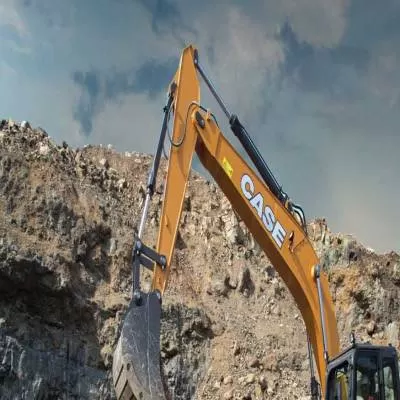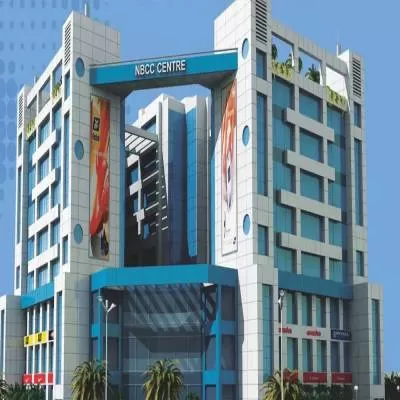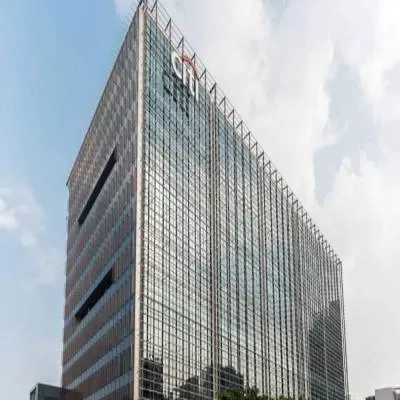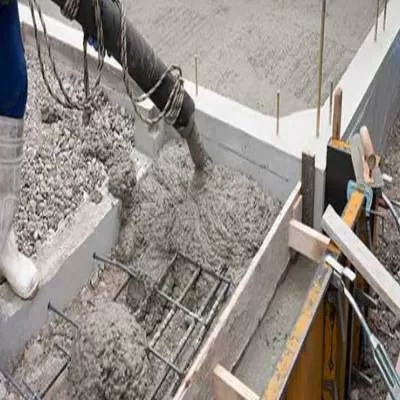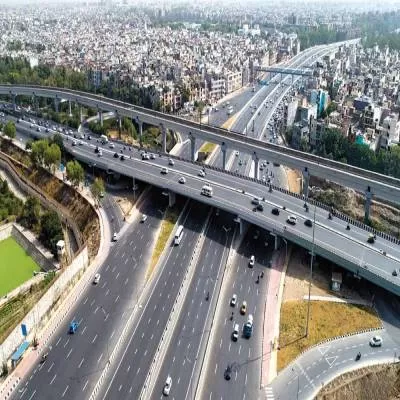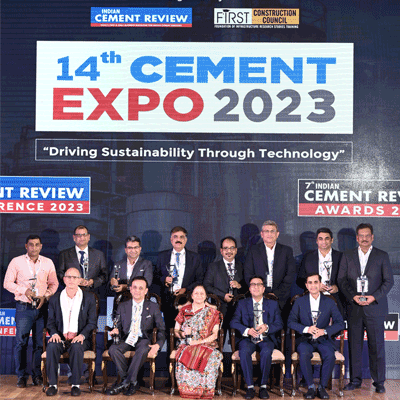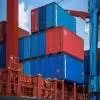- Home
- Infrastructure Urban
- ECONOMY & POLICY
- Will GDP trot?
Will GDP trot?
FDI in retail will build a stronger infrastructure base in the long term. Multi-brand foreign retailers that have already invested in India under cash-and-carry arrangements, such as Walmart, Metro, Carrefour, Tesco and Woolworths, now have the option to invest in Indian companies undertaking direct retailing. Wal-Mart Stores Inc serves over 9,700 retail units under 69 different banners in 28 countries. With FY11 sales of $419 billion, Walmart employs more than 2 million associates worldwide with an operating income of over $25 billion. It has muscle to invest for the long term. The retail guidelines provide clauses to enhance SME output as they prescribe 30 per cent procurement from this sector. They also mandate a minimum $100 million investment with 50 per cent of it going towards building backend infrastructure. Currently, according to reports, hundreds of tonnes of wheat and rice are rotting in godowns across the nation - the reason being that there is simply no space. The current storage capacity is 62.8 million tonne, which is proving inadequate. India had record rice and wheat stocks of 65.6 million tonne in its godowns in early June. Officials say the problem gets worse after the kharif harvest arrives by September-October.
However, while the arguments in favour of FDI outweigh the apprehensions, the final FDI may only be a trickle owing to the political undertones. The bottom line, though, is that FDI in retail can contribute to the development of social infrastructure in a big way and therefore is a shot in the arm for realty and developers too.
The mood at Excon indicates that Corporate India awaits policy impetus and action on the project front. So while construction equipment manufacturers are witnessing a growth of 25 per cent this year, they are apprehensive of the impact of the current 'policy paralysis' on their forthcoming fiscal.
The political intonations are causing a drift in focus while pronouncing bills and are likely to need amendments soon as they will not result in an effective takeoff. The mining bill falters over the profit-sharing issue, land acquisition bill over acquisition price of over four times the market price, companies' amendment bill with the trappings of a mandatory CSR; all making intentions nebulous and rendering the acts infructuous. Jairam Ramesh may call the draft land acquisition bill a "political bill which strikes a balance between social benefit and economic growth", but unless it can be implemented for the benefit of the country, it is useless.
L&T has slashed its guidance. It now expects order flows to increase 5 per cent in the fiscal, down from an earlier forecast of 15-20 per cent, because of a slowdown in government orders, subdued investment sentiment and heightened competition. The last time L&T saw single-digit growth in order inflows was 2002. Needless to say, the stock prices of construction companies are going abegging.
All eyes are on the roads sector for they will drive the ruling party to the vote banks in the hinterland - but India needs power reforms the most to keep the GDP galloping and not let it slip to a trot.
Finally, the Government has made a bold move by allowing international brands and retailers up to 51 per cent foreign direct investment (FDI) in the multi-brand retail sector and 100 per cent FDI in single-brand retail. The relaxation is likely to result in an increase in FDI in the retail sector, especially in greenfield and brownfield investments, albeit in a gradual manner over the next two to three years. Agriculture's share has dwindled to about 15 per cent of GDP; however it accommodates 53 per cent of the labour force. The farming community in India has shown one of the lowest efficiencies in terms of production and urgently needs an overhaul in terms of better practices. Besides, agriculture has very vital supply-demand linkages with other sectors of the economy. Raising agricultural production and productivity is, therefore, important to contain price pressures, raise rural incomes and make growth more inclusive. Physical rural infrastructure, with forward and backward linkages, is a dire need to complete the links in the supply chain.FDI in retail will build a stronger infrastructure base in the long term. Multi-brand foreign retailers that have already invested in India under cash-and-carry arrangements, such as Walmart, Metro, Carrefour, Tesco and Woolworths, now have the option to invest in Indian companies undertaking direct retailing. Wal-Mart Stores Inc serves over 9,700 retail units under 69 different banners in 28 countries. With FY11 sales of $419 billion, Walmart employs more than 2 million associates worldwide with an operating income of over $25 billion. It has muscle to invest for the long term. The retail guidelines provide clauses to enhance SME output as they prescribe 30 per cent procurement from this sector. They also mandate a minimum $100 million investment with 50 per cent of it going towards building backend infrastructure. Currently, according to reports, hundreds of tonnes of wheat and rice are rotting in godowns across the nation - the reason being that there is simply no space. The current storage capacity is 62.8 million tonne, which is proving inadequate. India had record rice and wheat stocks of 65.6 million tonne in its godowns in early June. Officials say the problem gets worse after the kharif harvest arrives by September-October.However, while the arguments in favour of FDI outweigh the apprehensions, the final FDI may only be a trickle owing to the political undertones. The bottom line, though, is that FDI in retail can contribute to the development of social infrastructure in a big way and therefore is a shot in the arm for realty and developers too.The mood at Excon indicates that Corporate India awaits policy impetus and action on the project front. So while construction equipment manufacturers are witnessing a growth of 25 per cent this year, they are apprehensive of the impact of the current 'policy paralysis' on their forthcoming fiscal.The political intonations are causing a drift in focus while pronouncing bills and are likely to need amendments soon as they will not result in an effective takeoff. The mining bill falters over the profit-sharing issue, land acquisition bill over acquisition price of over four times the market price, companies' amendment bill with the trappings of a mandatory CSR; all making intentions nebulous and rendering the acts infructuous. Jairam Ramesh may call the draft land acquisition bill a political bill which strikes a balance between social benefit and economic growth, but unless it can be implemented for the benefit of the country, it is useless.L&T has slashed its guidance. It now expects order flows to increase 5 per cent in the fiscal, down from an earlier forecast of 15-20 per cent, because of a slowdown in government orders, subdued investment sentiment and heightened competition. The last time L&T saw single-digit growth in order inflows was 2002. Needless to say, the stock prices of construction companies are going abegging.All eyes are on the roads sector for they will drive the ruling party to the vote banks in the hinterland - but India needs power reforms the most to keep the GDP galloping and not let it slip to a trot.


